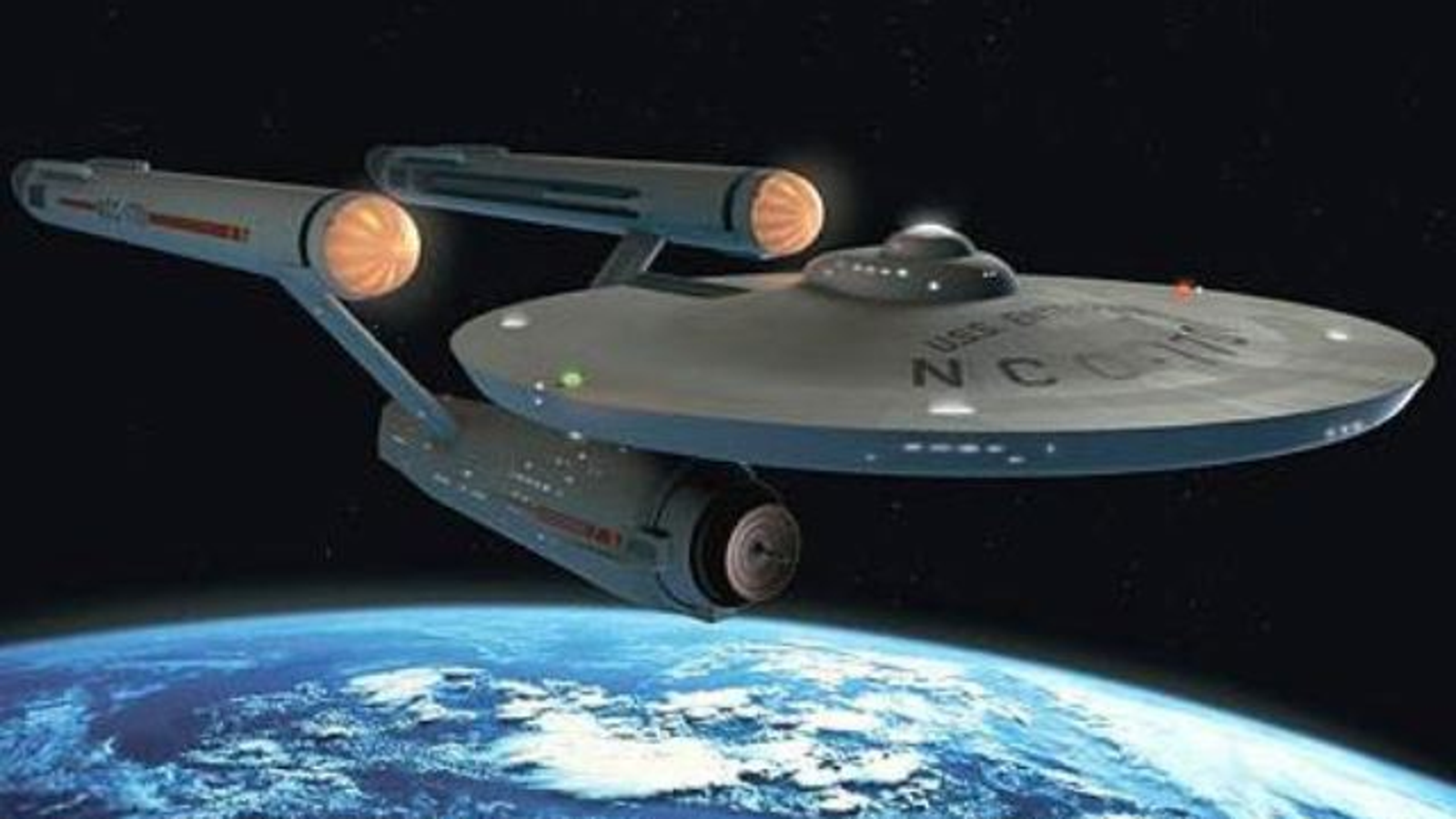

Similar stories by other writers followed through 19.

Schlossel's The Second Swarm (Spring 1928, in Amazing Stories Quarterly), and The Star Stealers (February 1929 in Weird Tales). Schlossel's Invaders from Outside (January 1925, Weird Tales), Ray Cummings' Tarrano the Conqueror (1925), Edmond Hamilton's Across Space (1926) and Crashing Suns (in Weird Tales, August–September 1928), J. Some early stories of this type include J.

Unlike earlier stories of space adventure, which either related the invasion of Earth by extraterrestrials, or concentrated on the invention of a space vehicle by a genius inventor, pure space opera simply took space travel for granted (usually by setting the story in the far future), skipped the preliminaries, and launched straight into tales of derring-do among the stars. In film, the genre probably began with the 1918 Danish film, Himmelskibet. However, the idea for the novel arises out of a nationalistic genre of fiction popular from 1880–1914, called future war fiction, and many would therefore dispute its claim to be called the first space opera.ĭespite this seemingly early beginning, it was not until the late 1920s that the space opera proper began to appear regularly in pulp magazines such as Amazing Stories. The novel does depict an interstellar conflict between solar men of Earth and a fierce humanoid race headquartered on Sirius. One critic cites Robert William Cole's The Struggle for Empire: A Story of the Year 2236 as the first space opera. Serviss, George Griffith, and Robert Cromie. Examples may be found in the works of Percy Greg, Garrett P. Not widely popular, proto-space operas were nevertheless occasionally written during the late Victorian and Edwardian science fiction era. Defontenay and Lumen (1872) by Camille Flammarion. The earliest proto-space opera was written by a few little-known mid-nineteenth century French authors, for example Star ou Psi de Cassiopée: Histoire Merveilleuse de l’un des Mondes de l’Espace (1854) by C. They are today referred to as proto-space opera. It often deals with war, piracy, military virtues, and very large-scale action, large stakes." HistoryĮarly works related to but preceding the genre contained many elements of what would become space opera. Hartwell and Cramer define space opera as "colorful, dramatic, large-scale science fiction adventure, competently and sometimes beautifully written, usually focused on a sympathetic, heroic central character and plot action, and usually set in the relatively distant future, and in space or on other worlds, characteristically optimistic in tone. It was only in the early 1990s that the term space opera began to be recognized as a legitimate genre of science fiction. By the early 1980s, space operas-adventure stories set in space-were again redefined, and the label was attached to major popular culture works such as Star Wars. In particular, they disputed the claims that space operas were obsolete, and Del Rey Books labeled reissues of earlier work of Leigh Brackett as space opera. Yet soon after his redefinition, it began to be challenged, for example, by the editorial practice and marketing of Judy-Lynn del Rey and in the reviews of her husband and colleague Lester del Rey. īeginning in the 1960s, and widely accepted by the 1970s, the space opera was redefined, following Brian Aldiss' definition in Space Opera (1974) as (in the paraphrase Hartwell and Cramer) "the good old stuff". In other words, many works that are today classified as "space operas" would not have been called by that name originally. This usage of "space opera" as a term for poor SF, remained in force until about the 1970s. In fact, some fans and critics have noted that the plots of space operas have sometimes been taken from horse operas and simply translated into an outer space environment. Even earlier, the term horse opera had come into use as a term for western films. Tucker defined space opera as the SF equivalent: a "hacky, grinding, stinking, outworn, spaceship yarn".
#Space opera definition serial#
At the time, serial radio dramas in the US had become popularly known as soap operas because many were sponsored by soap manufacturers. The phrase "space opera" itself was coined in 1941 by fanwriter (and later author) Wilson Tucker, in a fanzine article, as a pejorative term. They argue that "what used to be science fantasy is now space opera, and what used to be space opera is entirely forgotten." They further note that space opera has had several key and different definitions throughout its history definitions that were significantly affected by literary politics. Hartwell and Kathryn Cramer note in their 2006 anthology of space operas, "there is no general agreement as to what is, which writers are the best examples, or even which works are space opera".


 0 kommentar(er)
0 kommentar(er)
